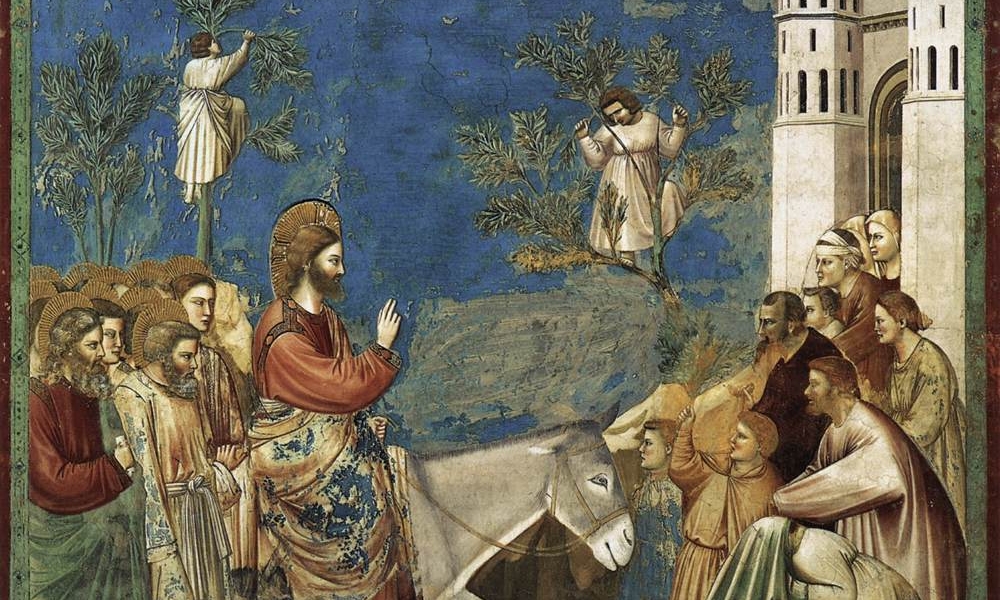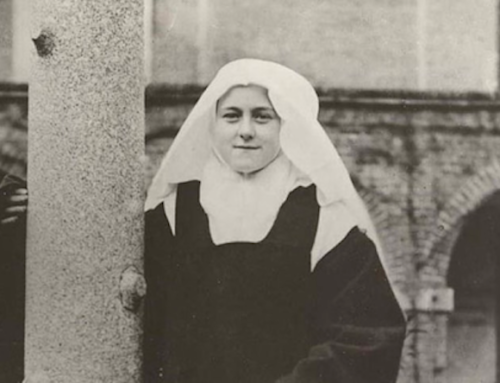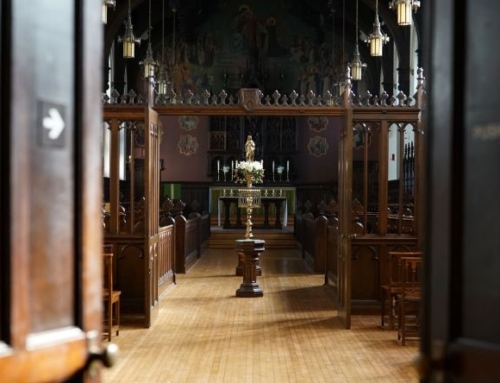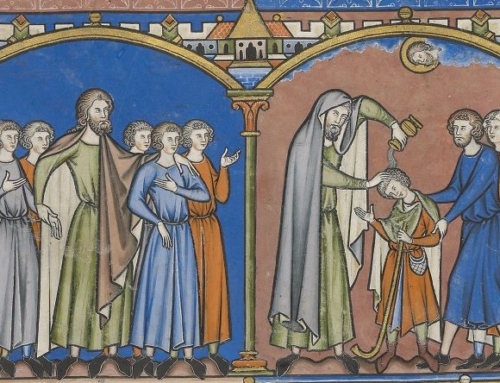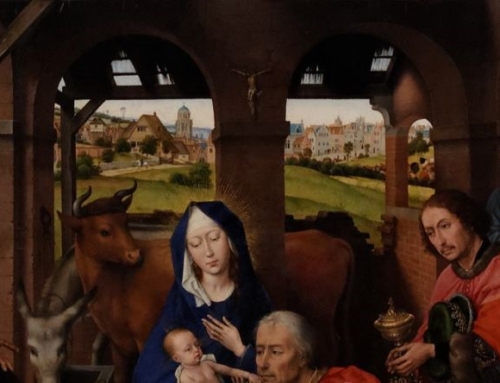Other than God himself, the city of Jerusalem might be the most common “character” in the story of the Bible. She appears right from the beginning, connected to the mysterious character of Melchizedek, and again at the end, in John’s visions. Jerusalem is the final destination for God’s people wandering in the wilderness, and the prophets foreshadow the joys and sorrows of God’s people by describing the destruction and rebuilding of Jerusalem. This pattern continues into the life of Jesus as well: Jerusalem sneaks into the story of Jesus’s birth, and Jerusalem is the site of his death.
If the Bible were a novel, this would be a pretty clever bit of writing. The geographical setting of the whole work is mirrored in the life of the main character: exactly the sort of thing a literature professor would be looking for.
But of course the Bible is not a novel, but a complex collection of many genres gathered together over centuries. The symbolic role of Jerusalem is definitely there, clear to see, but it is not merely the product of a shrewd writer who went back and typed “Jerusalem” in a couple more places to really drive the point home. Rather, it is the work of an Author who writes with the real persons and events of history. God arranged for Melchizedek to meet Abram, for David to set up his throne, for Isaiah to see Jerusalem destroyed, for Nehemiah to begin rebuilding her walls, for the Magi to visit Herod—for all the myriad historians, prophets, and poets to encounter Jerusalem.
Apparently God cares a whole lot about some 0.35 square miles of land a little east of the Mediterranean Sea. This is a peculiarly concrete way of doing things. We might expect God to have bigger things in mind, to be detached from such minor details as an exact place and time. But that’s just the way God loves: in intricate and precise detail.
We humans are incapable of knowing every person individually. So when we try to figure out how to love all people, we end up loving in a kind of fuzzy and generic way. This is through no fault of our own; it’s simply how we’re built.
God, on the other hand, doesn’t suffer from this (or any other) limitation. His love is perfect and complete. When God tells us he loves us, he really loves you and me, as we are, throughout our lives, no matter what we do.
As the Bible tells us, the story of Jerusalem is not one of continual faithfulness and joy. The people of Jerusalem often abandoned God and his laws, suffered plagues, were conquered, and endured any number of misfortunes. But none of this could cause God to forsake his beloved city, Jerusalem.
Through our Baptism, God has chosen each of us to be a new Jerusalem, someone beloved of the Lord. The same mighty power that caused a thousand years of history to revolve around a particular patch of land in Israel is now focused on you. And just as God remained faithful to Jerusalem despite all her infidelities, so will he remain faithful to us, despite our sins, pleading for our love until the very end.
✠
Image: Giotto, The Entry into Jerusalem

